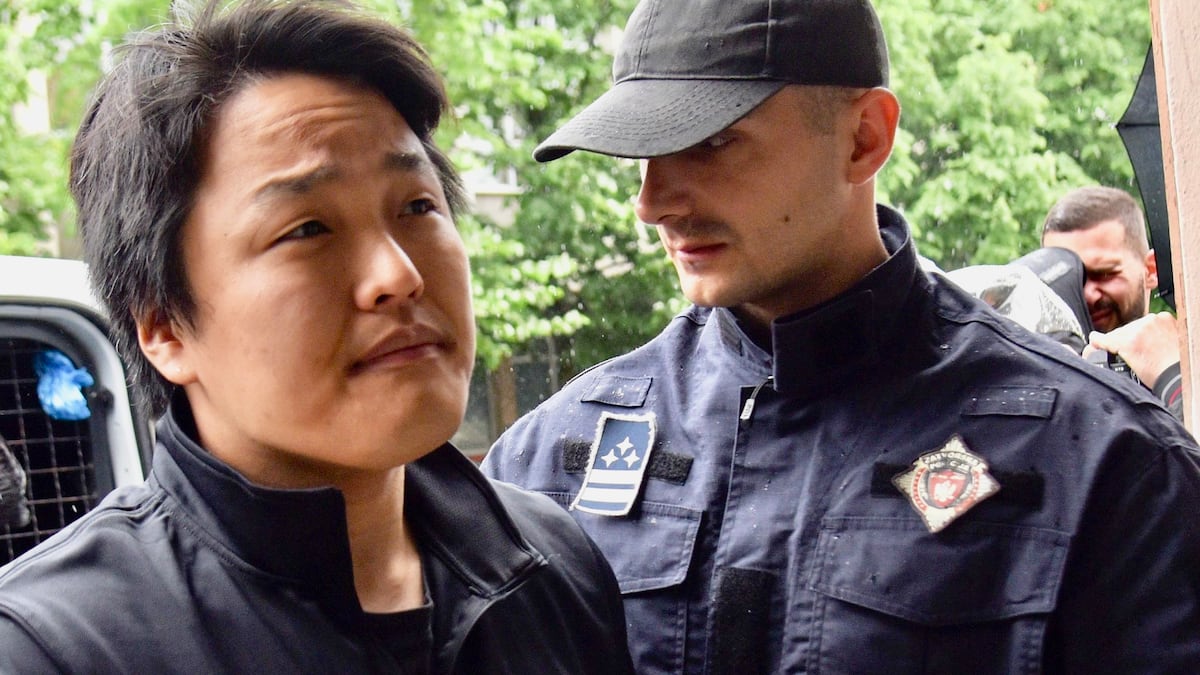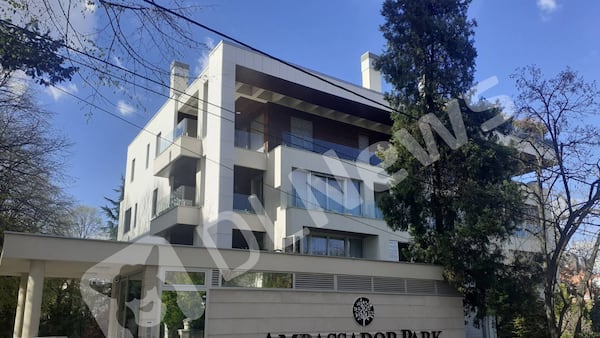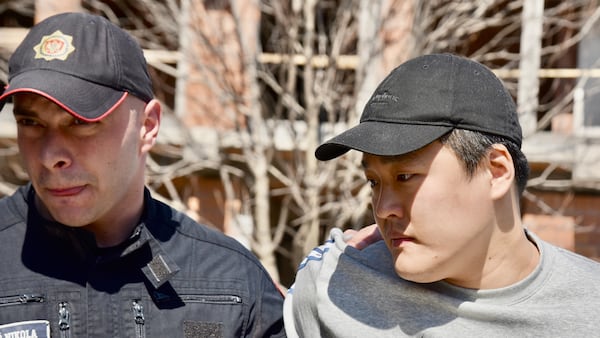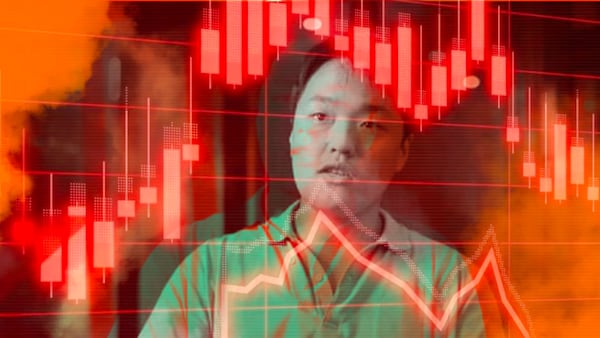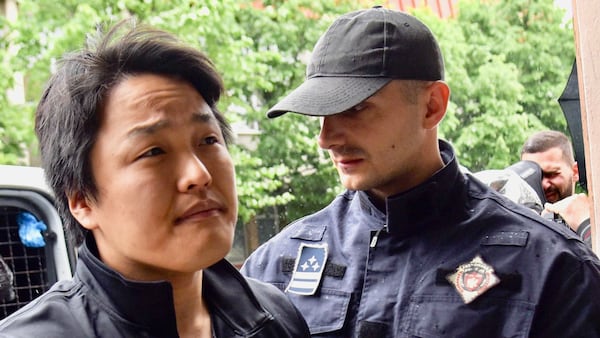- Do Kwon will head to trial in January 2026.
- The Terra founder has one week to request an earlier trial.
- His attorneys previewed several issues they might raise before the trial.
Almost four years after the $40 billion failure of the Terra blockchain, its co-founder, brash crypto entrepreneur Do Kwon, will face a judge and jury in the United States.
Kwon’s criminal trial will begin January 26, 2026, federal judge Paul Engelmayer ruled Wednesday. Kwon had not discussed the potential trial date at length with his attorney and has one week to request an earlier trial, Engelmayer said.
The judge has never presided over a case with a year-plus gap between arraignment and trial, he said in his Manhattan courtroom Wednesday.
But he had never heard a case that needed the lengthy gap as much as Kwon’s, the judge added, citing the “daunting” amount of evidence facing prosecutors and defence attorneys.
Tug-of-war
Kwon was extradited to the US on New Year’s eve, ending an 18-month tug-of-war between South Korea — his home country — and the US.
Prosecutors in both countries sought Kwon’s extradition from Montenegro, where he was arrested in March 2023 after a six month manhunt while attempting to board a flight using a fake passport, authorities allege.
Kwon pleaded not guilty to nine counts of fraud last week.
Kwon, clad in a canary-yellow jumpsuit Wednesday, had orchestrated “a massive, highly sophisticated fraud,” prosecutor Jared Lenow told the judge.
“He wasn’t just promoting a coin,” Lenow said, but “a utopian system” that included a stablecoin, savings bank, and payment system purportedly controlled by their users.
‘Core systems’
But the “core systems” did not function as advertised, according to the prosecutor.
“Behind the scenes it didn’t work,” and Kwon had to intervene in an ostensibly self-regulating ecosystem to “create the illusion” it was functional, Lenow said.
Kwon’s defense attorney, former federal prosecutor Michael Ferrara, said there was a real product there, and disputed the notion that Kwon had set out to defraud investors.
Ferrara also hinted at potential skirmishes with prosecutors ahead of the trial.
Evidence gathered by Montenegrin authorities, for example, might have to be tossed, he suggested.
Although prosecutors have obtained warrants to search four of Kwon’s phones in their possession, those phones were seized by Montenegrin authorities, and it was not immediately clear whether Montenegrin authorities had obtained warrants to take the phones in the first place.
Other potential battles include the legal status of cryptocurrencies — Kwon is facing two counts of commodities fraud and two counts of securities fraud — and the extradition itself.
If convicted on all charges, Kwon faces a maximum penalty of 130 years in prison, according to the Department of Justice.
Aleks Gilbert is a New York-based DeFi correspondent for DL News. You can reach him at aleks@dlnews.com.


